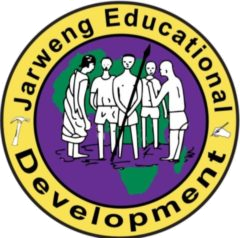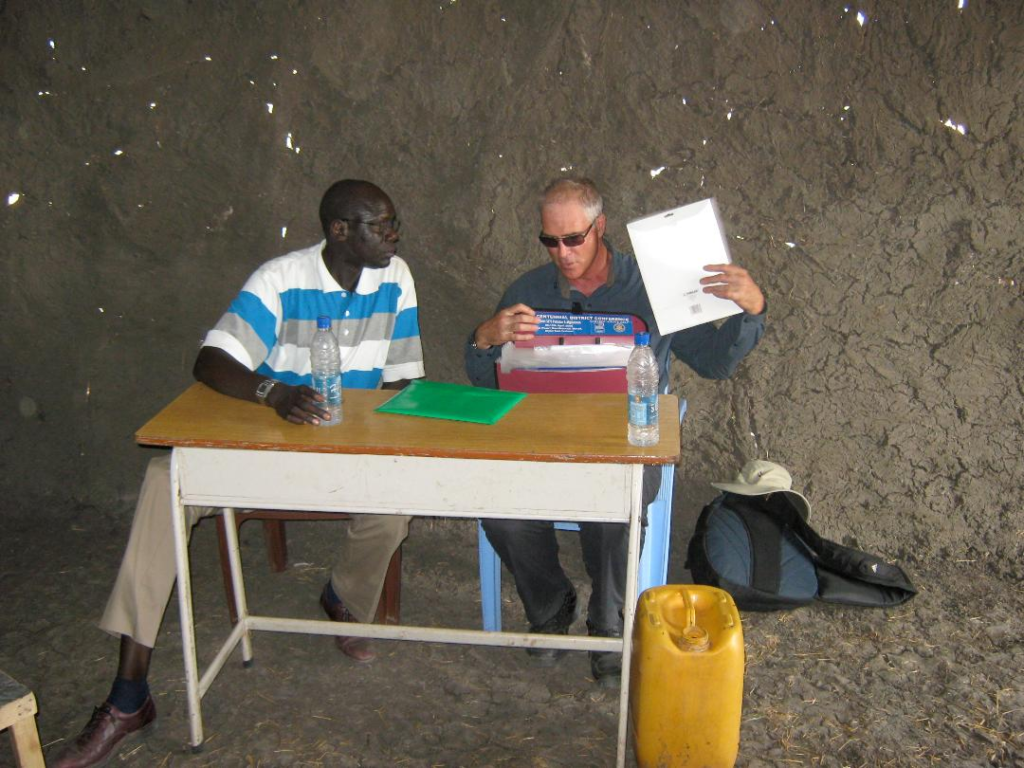
In the Upper Nile Region (Maakal State), two schools were set up in the past, very successfully, for these children. In 2009 and 2011 JED raised these schools, which supported approximately 850 children (500 in Puobor and 350 in Torkiel) until the schools (and the villages they supported) were abandoned during the evacuations and civil war.
The South Sudanese Civil War, which began December 2013 and ended in August 2015, displaced and impoverished hundreds of thousands of Sudanese. Most of these people returned when the war ended. In each of the two communities, the staff worked hard to keep the school going, and the villager-young and old- were honored to learn there. This all ended with the escalating and incredibly violent civil war, which forced the villagers to leave everything behind and flee.
With the civil war at an end, in August 2015, a majority of the living refugees have returned home. The villages have similar populations to before the civil war, and yet the school remain closed. The Sudanese government is overwhelmed with the plight of the country, and only the very largest cities are getting any aid. Rural communities like the two that house the schools do not get aid due to the country being big and there is just so much to do Keeping in mind the rule of subsidiarity and taking on the responsibility we want to create an opportunity for the children located in this region. This all ended with the escalating and incredibly violent civil war, which forced the villagers to leave everything behind.
Historical Success in Pubor
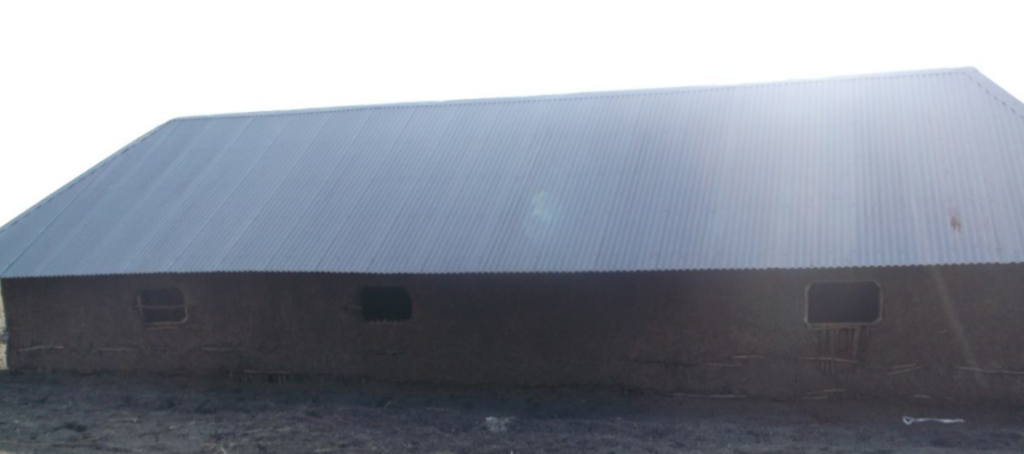
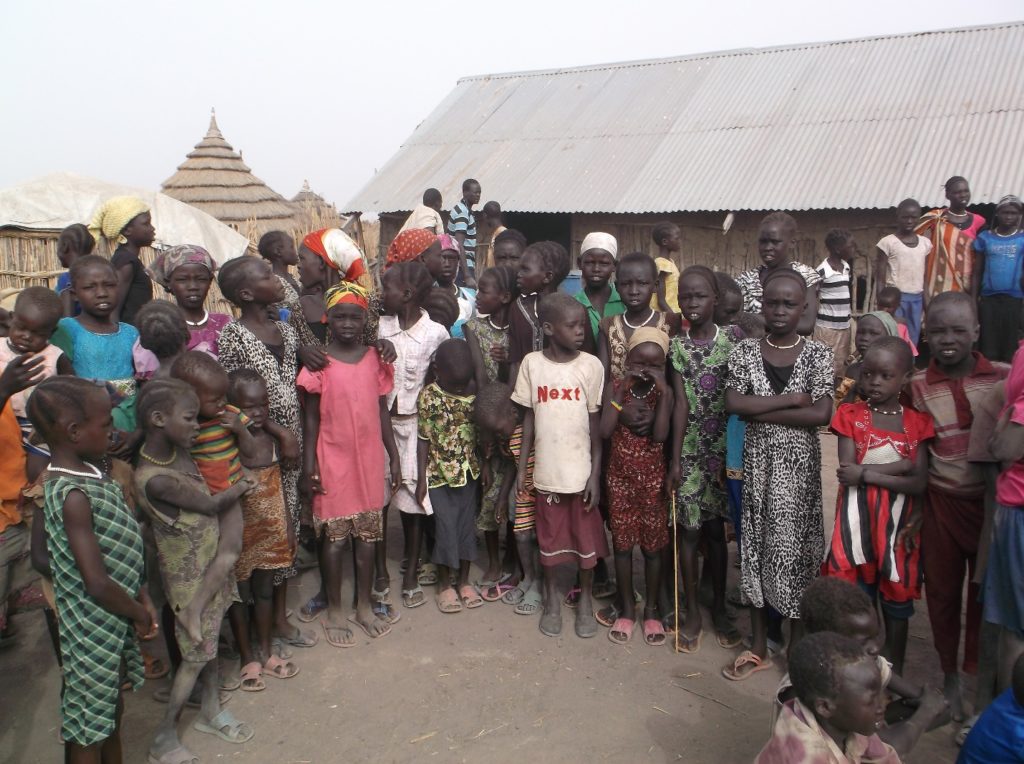
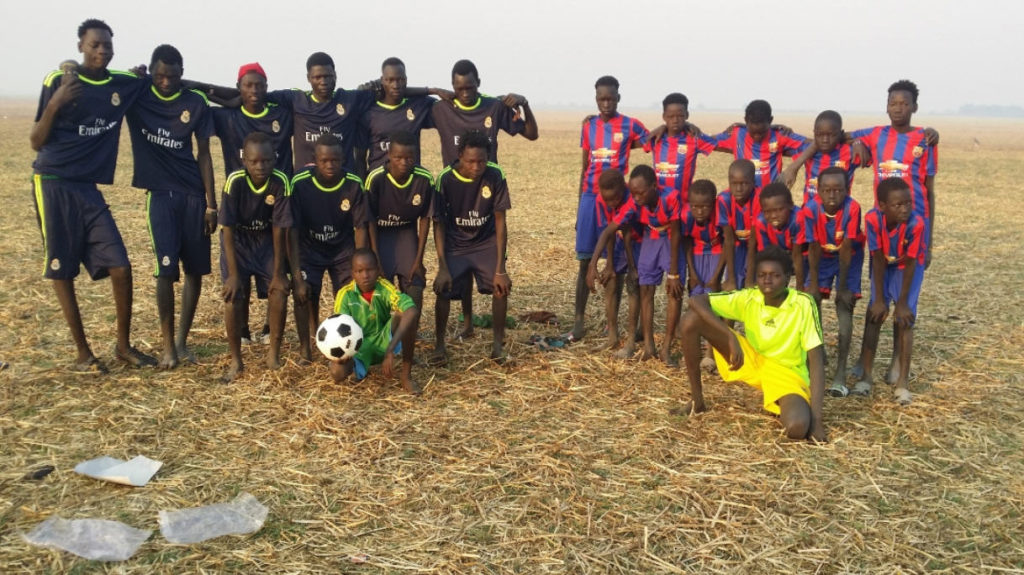
During its use before the war, the Pubor school above (gone now) was incredibly successful. It was well utilized, educating children during the weekdays and adults on weeknights and weekends. It became self-sustaining with the general store that JED built for it in order to provide it the means to bring in income that then paid for the teachers and supplies needed to support the community, including 500 children (with only 2 teachers and 1 support staff).

Picture above is of original Pubor School, originally founded in 2009. It is also the first school this village has ever had since Sudan became a country in 1956. Since construction began, the school has been a beacon of hope for the entire community. This school was destroyed by flood in 2012 and rebuilt in 2013.
With the civil war at an end, in August 2015, a majority of the living refugees have returned home. The villages have similar populations to before the civil war, and yet the schools remain closed. The Sudanese government is overwhelmed with the plight of the country, and only the very largest cities are getting any aid. Rural communities like the two that house the schools are well aware that the Sudanese government and other countries will not likely find their way to helping this region in the near future, or even during this generation – if at all. Hope, like basic necessities is sadly wanting in this region, and the vacant and empty school buildings are currently a testament only to recent losses.

Torkiel School
Torkiel school was built in 2011 by John khan and his team who are the parent committee in the village. The school was completed and opened by the community leaders. The Government of the county was not represented because at that time many officials were in Malakal for the preparation of the July 9 independence day. The school was destroyed by flooding in 2019.
John Khan has been an integral part of all construction efforts in Sudan. He is a very good listener and gives excellent advice. His vision and help have been so wonderful. He has given so much of his time to help the people of Sudan.



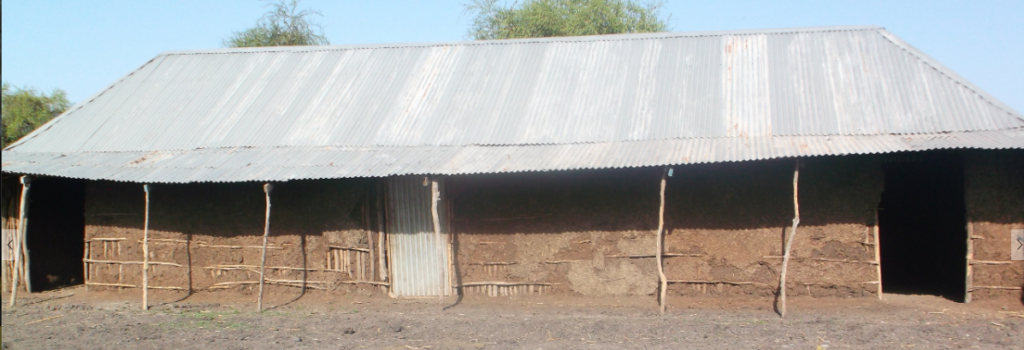
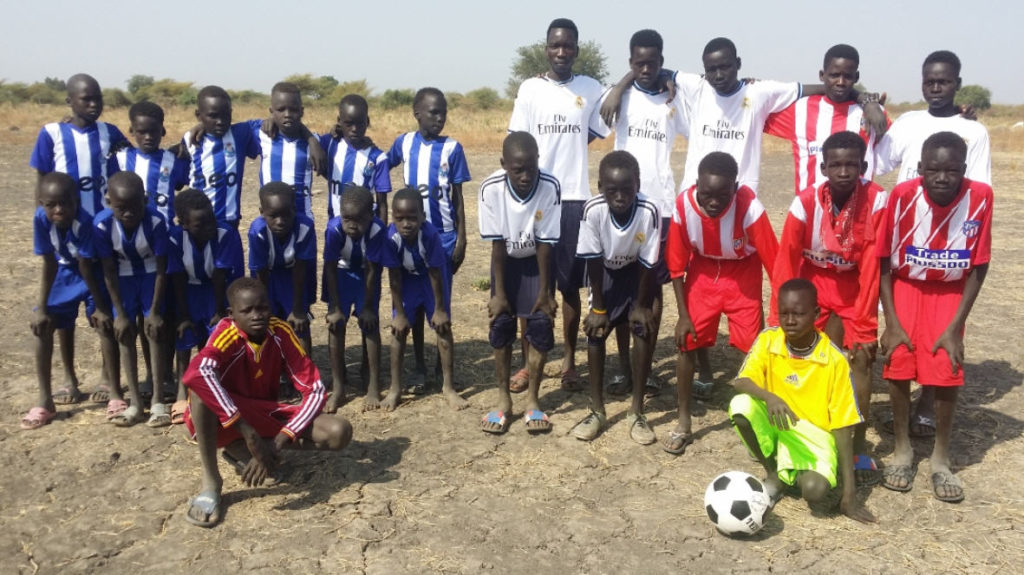
About Thomas Nyang
On April 6, 1998, Mr. Thomas Nyang was founded member of the First Sudanese Church in Gambella, Ethiopia. From 1998-1990 he served as a treasurer.(Work on it) From 1990-1991, he became the Head of first Sudanese Church. After the revolution that happened in Ethiopia, Mr. Thomas Nyang went back to Sudan on May 1991. In August 1992, he went to Kenya and served as an assistant pastor of the Sudanese Church, which is in the Walda Refugee Camp in Kenya. During his time with the First Sudanese Church, he created the following Programs: Thok-Naath; Summer School English Classes; Women, Men, and Youth Leadership; and Church Garden. In 1994, Mr. Nyang moved to the US as a refuge.
He founded The Outreach Ministry, which helps to secure funds that are used to assist Sudanese refugees settle in the United States, local church members relocate out of state, and out-of-state Church members move to San Diego County.
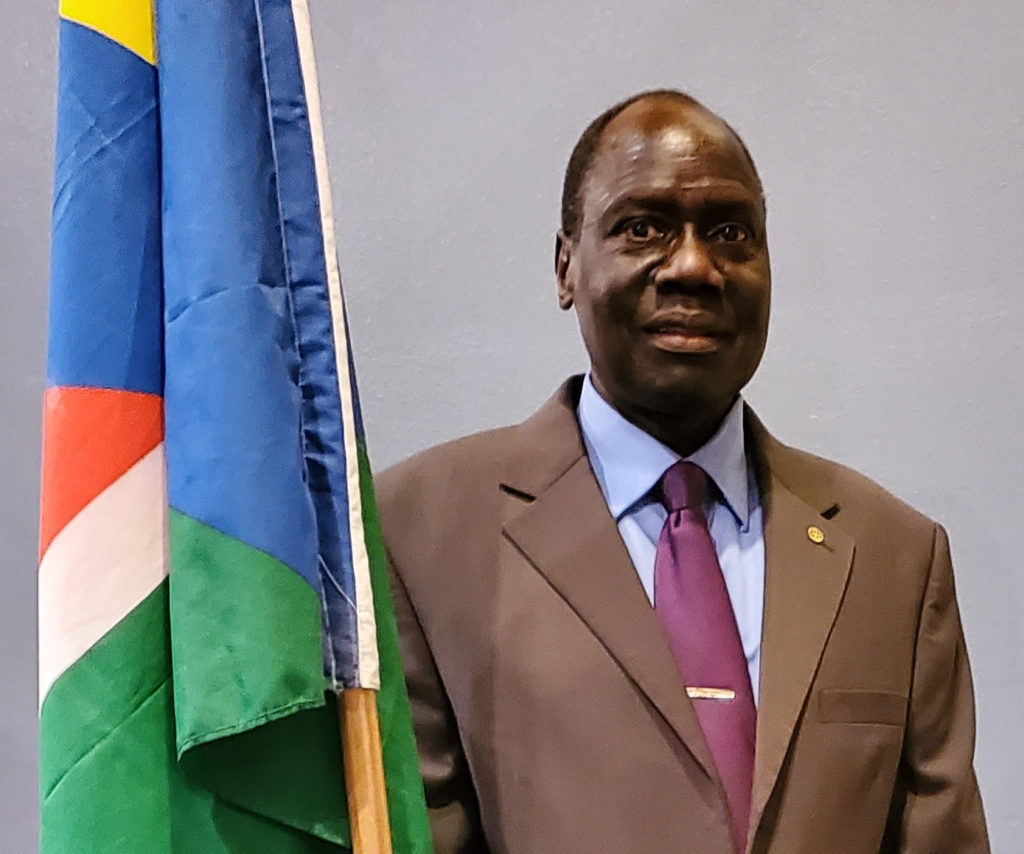
In February 1997, Mr. Nyang served as a pastor in Evangelical Sudanese Covenant Church. In the same year, Mr. Nyang also served as South Sudanese mission Covenant Church treasurer. In 1999-2001 Mr. Nyang served as a Vice President. From 2001-2004, Mr. Nyang served as President of South Sudanese mission Covenant Church.
In 2006, Mr. Thomas founded Thok-Naath language program in San Diego to help the young generation become independent and better connect with their identity.
In 2009 Mr. Nyang founded Jarweng Educational Development. He now serves as a President of JED. President Thomas Nyang strongly believes education should be accessible to all individuals especially for those who are in the village. He wants to make this opportunity accessible as there was no educational opportunity in these areas.
